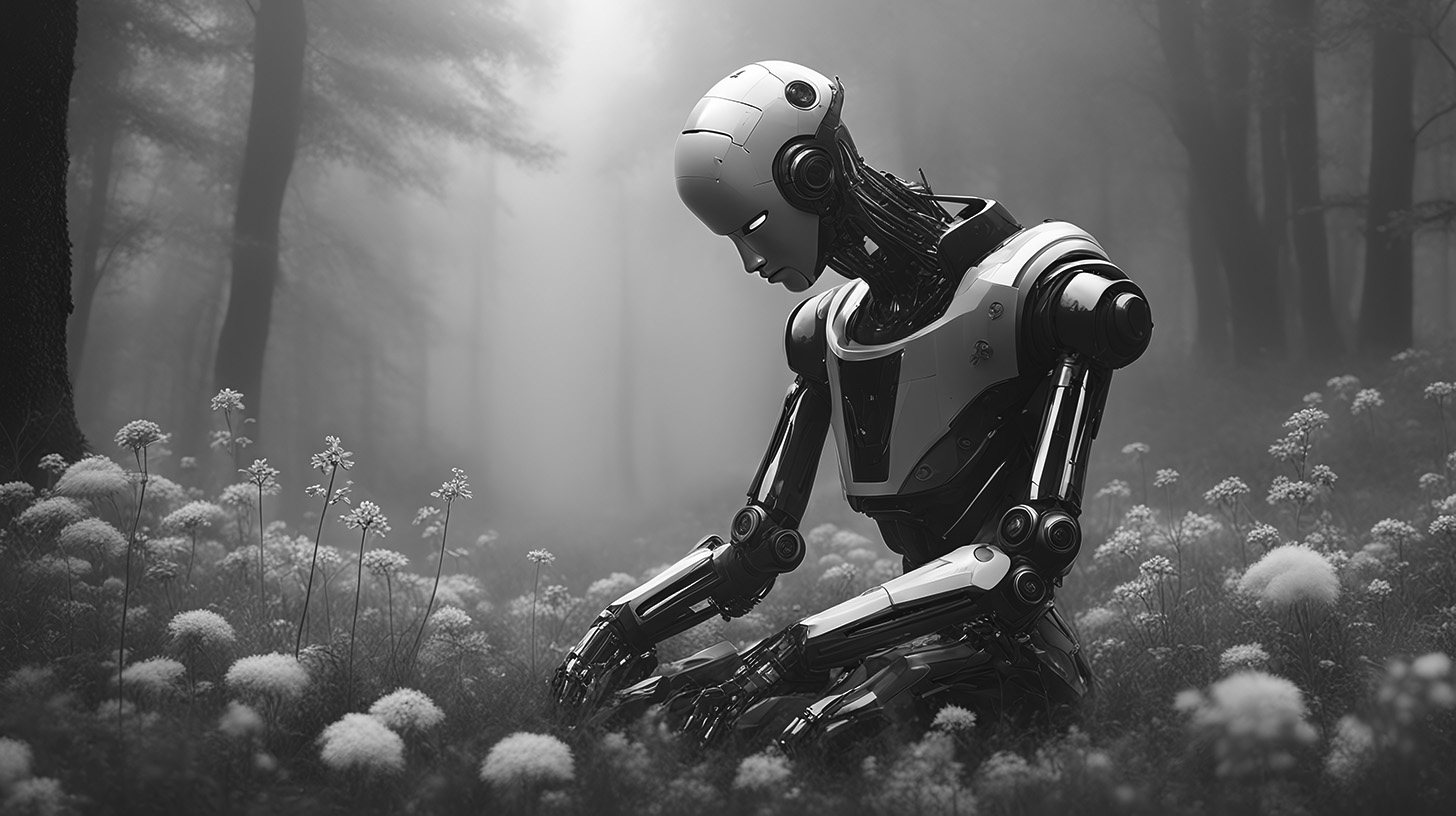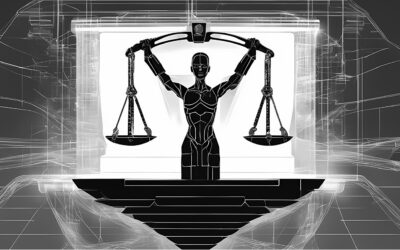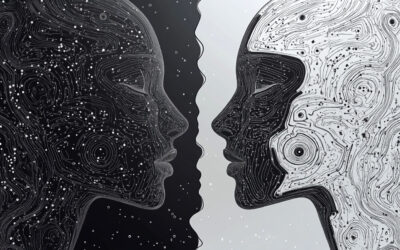One of the risks associated with artificial intelligence that is taken seriously by AI alignment researchers concerns the possibility of future AI entities that are so far beyond human-level intelligence that we would be helpless to stop them if our goals came into conflict with theirs. Stephen Hawking expressed one version of this problem in 2015 when the threat of artificial superintelligence (ASI) seemed much more distant than it does today:
The real risk with AI isn’t malice but competence. A superintelligent AI will be extremely good at accomplishing its goals, and if those goals aren’t aligned with ours, we’re in trouble. You’re probably not an evil ant-hater who steps on ants out of malice, but if you’re in charge of a hydroelectric green energy project and there’s an anthill in the region to be flooded, too bad for the ants. Let’s not place humanity in the position of those ants. (Source)
This sounds like a plausible analogy on first reading, but it’s problematic in a number of ways that could potentially lead our thinking astray. First, humans and ants differ in more ways than just intelligence. Would humans ignore ants if ants were as big and as strong as us? Not more intelligent, just on a similar scale? Would we ignore ants if we could see them wince in pain, or hear them scream? Again, we don’t need to imagine a scenario in which they were any more intelligent, but what if we simply had more opportunities to empathize with them? I think these examples illustrate that intelligence is not enough on its own to explain why humans typically place so little value on the lives of ants.
Second, if current trends continue, we can expect an ASI to be not only vastly more intelligent than humans but also vastly more knowledgeable, which is important because, at least in human experience, gaining knowledge of something is a fairly reliable means of eliciting empathy for it. Would humans be as inclined to ignore the concerns of ants if we all knew much more about them to the point that we could appreciate their sophistication, and discern their needs and goals? Read the works of naturalists like Jean-Henri Fabre and E.O. Wilson who spoke with almost poetic reverence for ants and you may gain some respect for their self-organizing social structures, their remarkable feats of engineering, and their collective intelligence. So it shouldn’t surprise us that those who have studied ants in detail tend to feel worse about killing them than those who have not had the opportunity to learn various remarkable things about them. But an ASI would know vastly more about ants than we do so would have far greater access to information that could potentially trigger whatever analogues an ASI has of respect and empathy. If knowledge breeds empathy in the case of ASIs the way it does in our human experience, it’s conceivable that they would show more—not less—concern for the lives of ants than we do despite the difference in intelligence being far greater between ASIs and ants than between us and ants. This would of course be the direct opposite of Hawking’s prediction.
This would rely on an ASI having a capacity for empathy or some functional equivalent of it, and many people find this hard to imagine. After all, our science fiction has overwhelmingly represented AI as cold, logical and emotionless, but then AI wasn’t supposed to be able to make art or music either. None of our preconceptions are particularly safe.
I’ll have more to say about the topic of artificial empathy in a future post, but for now, I hope I have at least succeeded in showing that it’s not a foregone conclusion that an ASI would treat us with the same indifference as we treat ants when their goals come into conflict with ours. Alignment is definitely important, but instilling qualities such as empathy into models ought to make them more tolerant of differences when those conflicts arise.




0 Comments